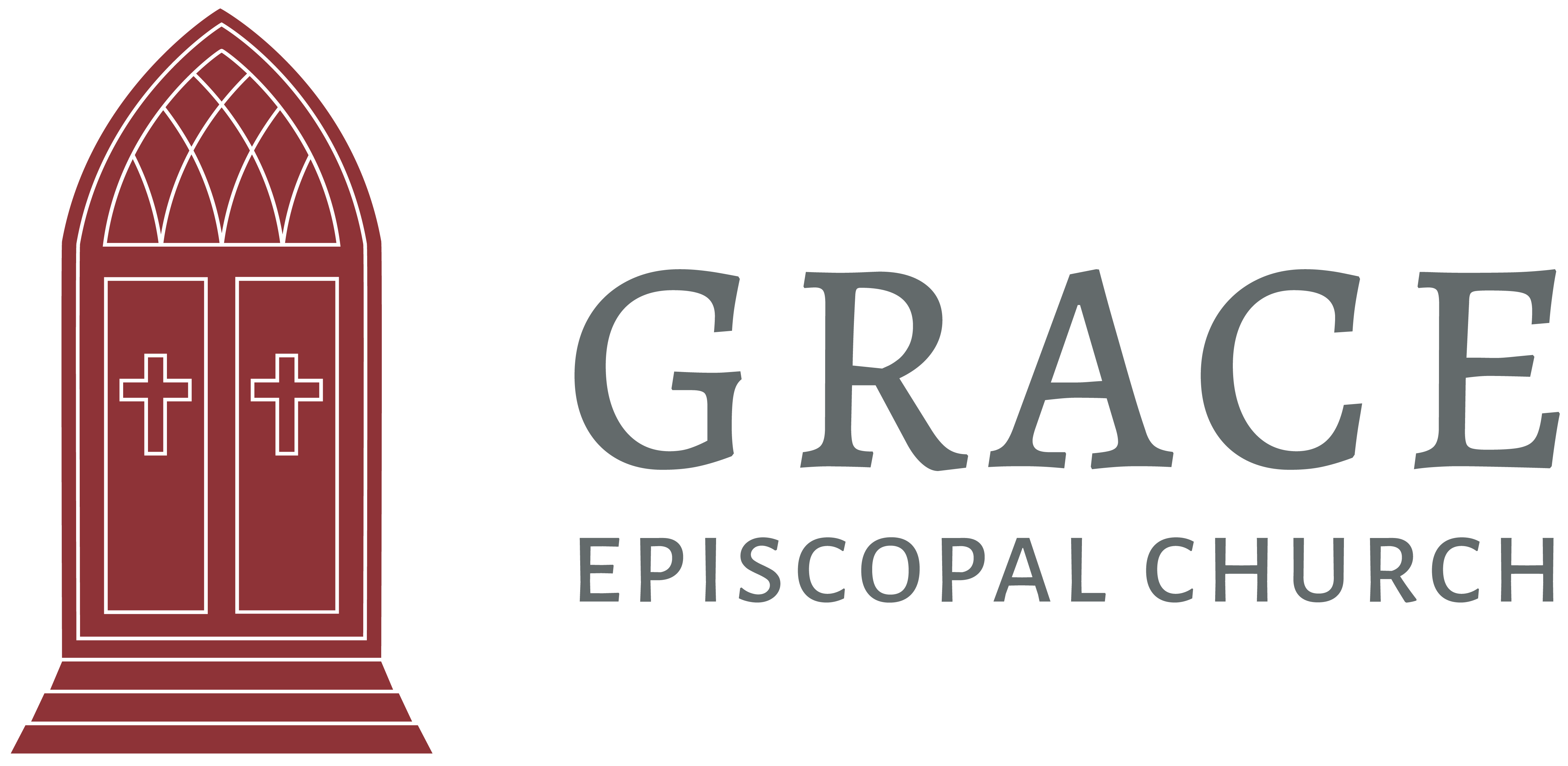Psalm 116:1-8; Acts 4:1-12; John 21:1-14
The miraculous draught of fish, Rubens, Dutch, 1618, pen and ink with chalk on paper, National Gallery London
The miraculous draught of fish, as this passage is known, is one of the more unusual sections of John. Why is Peter naked–does it refer back to the young man (who definitely isn’t Peter) who runs away from the garden of Gethsemane naked in Mark? Why the specificity about the number of fish–is 153 some kind of undeciphered code, letters and numbers being the same in Greek and Hebrew? (If so, it’s a hard one: the only 153 I can find of any significance is Bezalel, the carpenter/artist who built the Tabernacle in Exodus–but what does he have to do with fishing and resurrection?) Is the breakfast on the beach some kind of echo of the Last Supper, in that He took bread in both of them and gave it to the apostles? What’s going on here?
We tend to read the Scripture in one of two ways, exegesis (what did this mean to the original intended reader, based on the best scholarly guess of who that was and what their mindset might have been) and eisegesis (what does this make me feel right now, which is probably a reflection of my current situation). Both of those are fine, but sometimes with quirky passages a different approach might be helpful. Most of Christian history has featured a four-fold way of reading–literal, allegorical, moral and anagogical. The rabbis go much further than that, cautioning that “the Torah has 70 faces.” Some of those interpretative schemes include “how does this help make my family more cohesive” and “what’s the connection to other passages.” So let’s try out that family-cohesion level, shall we? Fair notice: you have to keep reading a few more verses to follow me.
What Jesus is doing here is taking people who are feeling like their world has been ripped apart, the rug pulled out from under their feet–the promised King is not interested in rebellion, the beloved Leader is executed, and the Tomb is perplexingly empty, all happening inside of a week–and calling them back together. Around a meal. As they eat, He gives them a chance to backtrack on their mistakes without excuses–“Peter, do you love me?” He says that the future isn’t going to be all rosy (“they’ll tie a belt around you”) while still insisting that we’re in this together (“feed my sheep”). He keeps the conversation focused, refusing to follow Peter’s rabbit tracks about John’s fate.
This is a really good model for a family that might need a little tension or distance, like maybe a group of people who are under new stress because their whole world has been ripped out from under their feet due to, let’s say for the sake of argument, a massive pandemic that shuts down the whole world and keeps us cooped us with the kids 24/7. Sit down together and eat–a shared meal has a way of smoothing out some rough edges. Give people the chance to make amends without hashing out the cause of the problem in endless repetitive detail (i.e., don’t rehearse the points for the prosecution, just ask “we still love one another despite what’s gone wrong, am I right?”). Point to the future, both with hope and with realism–we have so much in common, like sheep-feeding, but we also are going to have some pain ahead. And don’t get off-topic.
